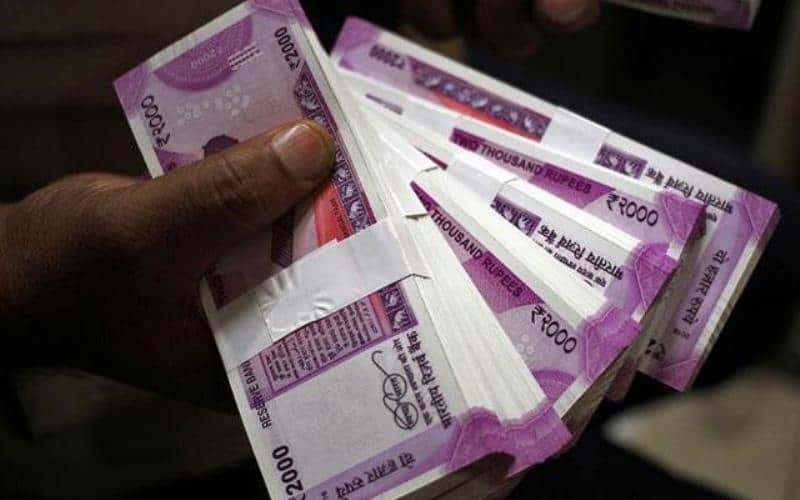Bhairahawa: Traders and locals are worried over the decision of Nepal government to ban the use of high denomination Indian currency notes of Rs 200, Rs 500 and Rs 2,000 in the country.
They claim the decision will not only affect the tourism sector in Nepal but would also have a negative impact on the exchange of goods and services between the two nations.
Srichand Gupta, president of Indo-Nepal Maitri Sangh, said that the decision to ban Indian currencies above Rs 100 denomination will hugely impact trade and business activities between the countries and urged his government to drop the decision.
The decision to ban high-end Indian notes was taken at a Cabinet meeting on December 10 following which a notice was issued asking the Nepalese citizens not to keep or transact in those Indian bank notes. Now Nepali citizens are allowed only to carry or transact using Rs 100 denomination Indian currency.
“Many products are imported from abroad, including India for sale in Nepal. This will be affected as a majority of these products are priced above Rs 100. Tourists and locals coming to Nepal generally have higher denomination notes. They will be inconvenienced,” Gupta told ANI.
Kiran Mahar, a tour operator, said that Indian tourists coming to Nepal would have a hard time in exchanging higher denomination notes, and they would stop visiting the country.
Uday Bahadur Rana, Chief District Officer, acknowledged that the decision could affect traders and small businessmen, but the move is aimed at tackling the menace of black money in Nepal.
“Nepal government has discontinued Indian currency notes of Rs 200, Rs 500 and Rs 2000. Although the move will affect trade, tourism and hospitality sectors, the government has said that the decision was done to curb black money and counterfeiting in Nepal,” Rana told ANI.
[source_without_link]ANI[/source_without_link]

